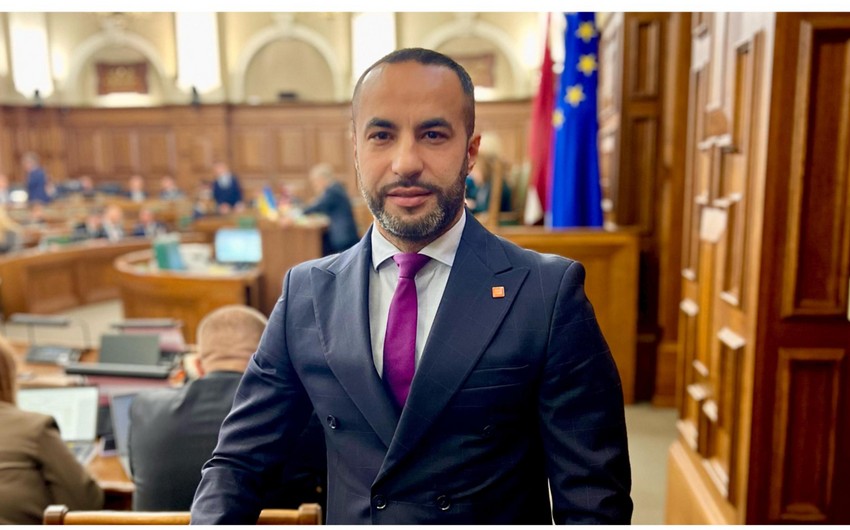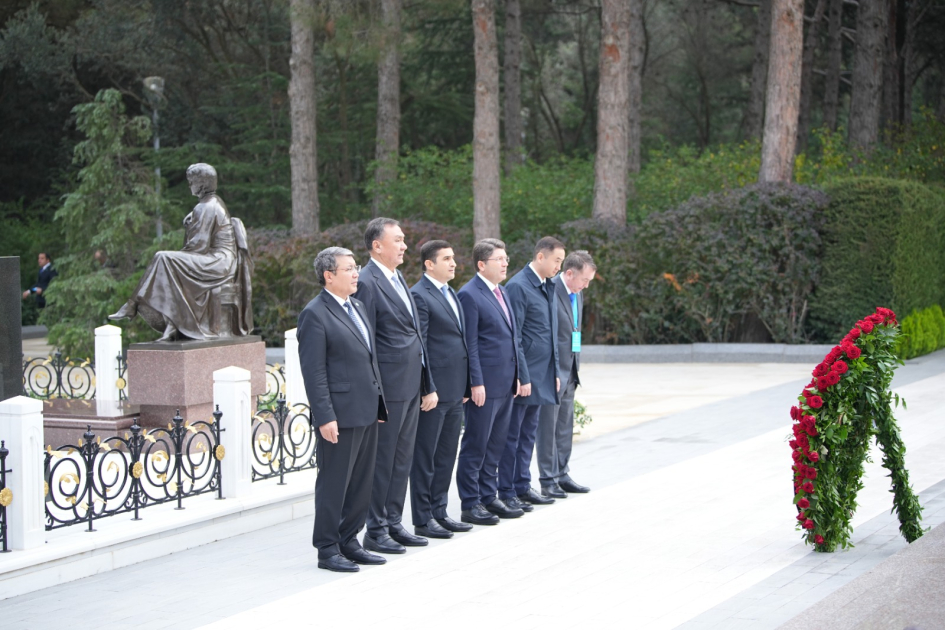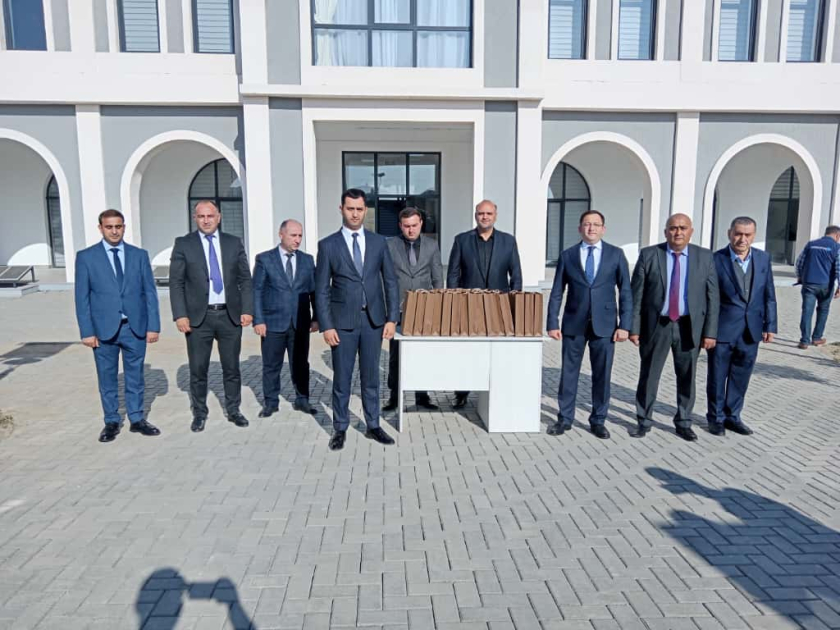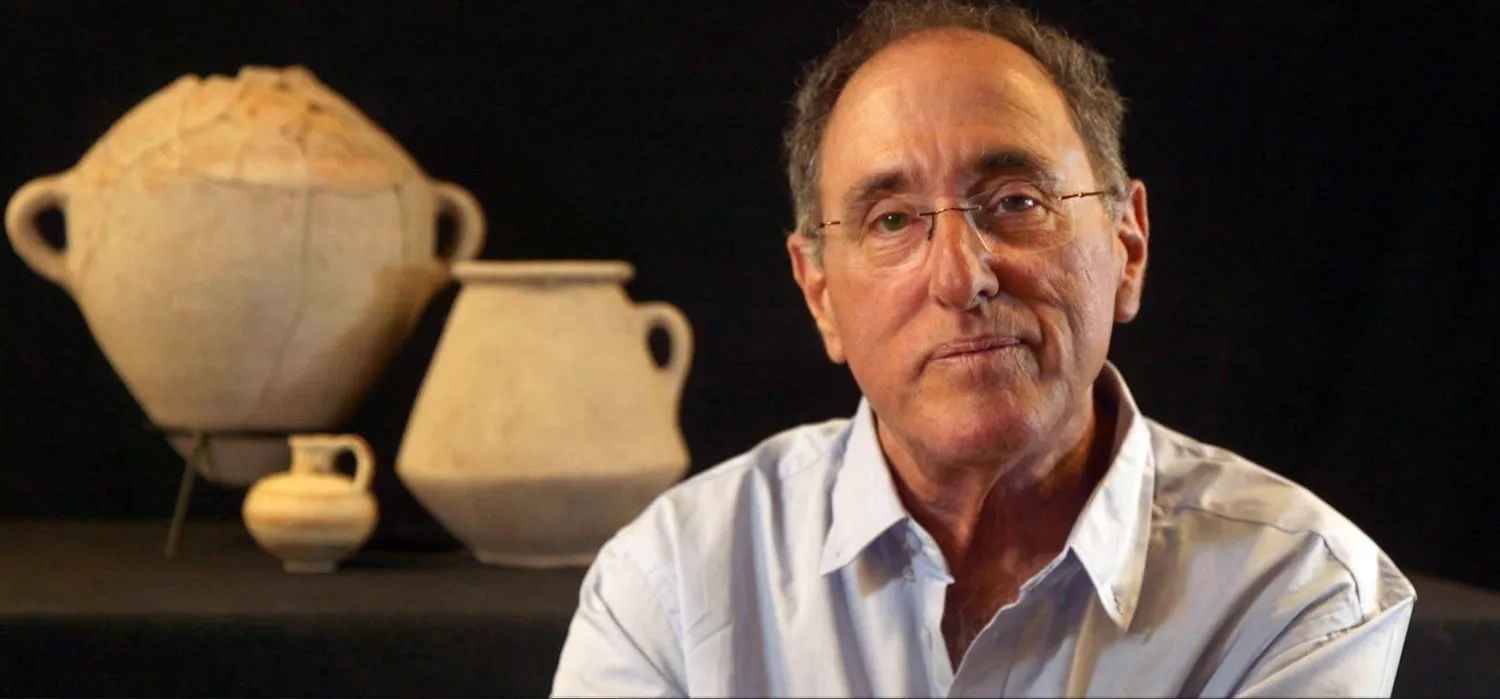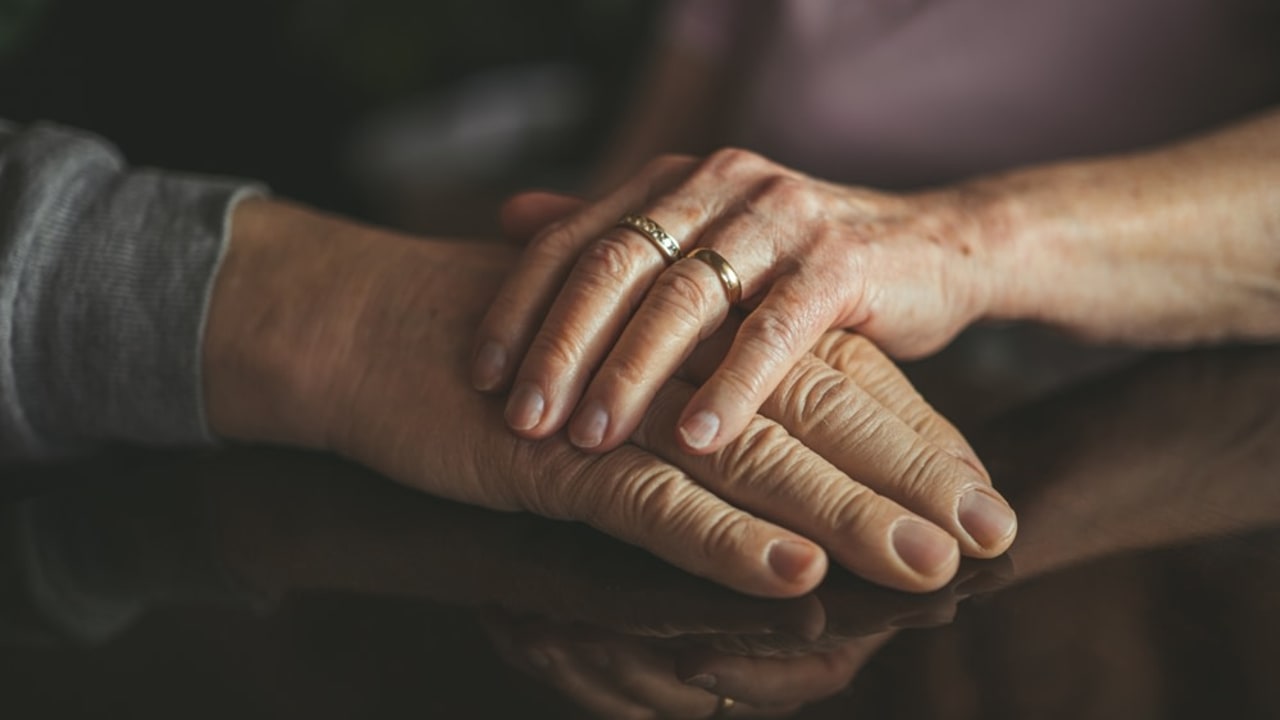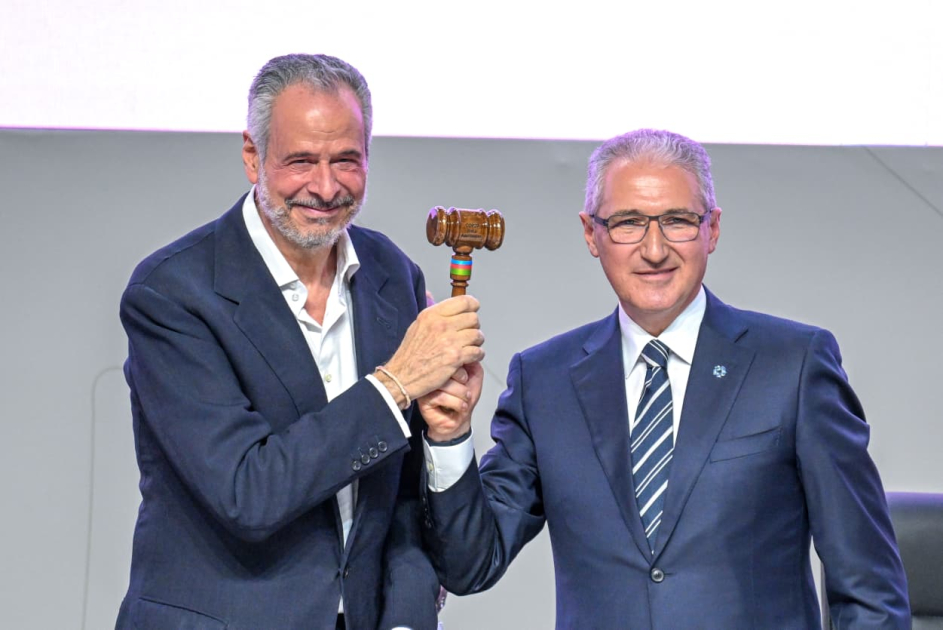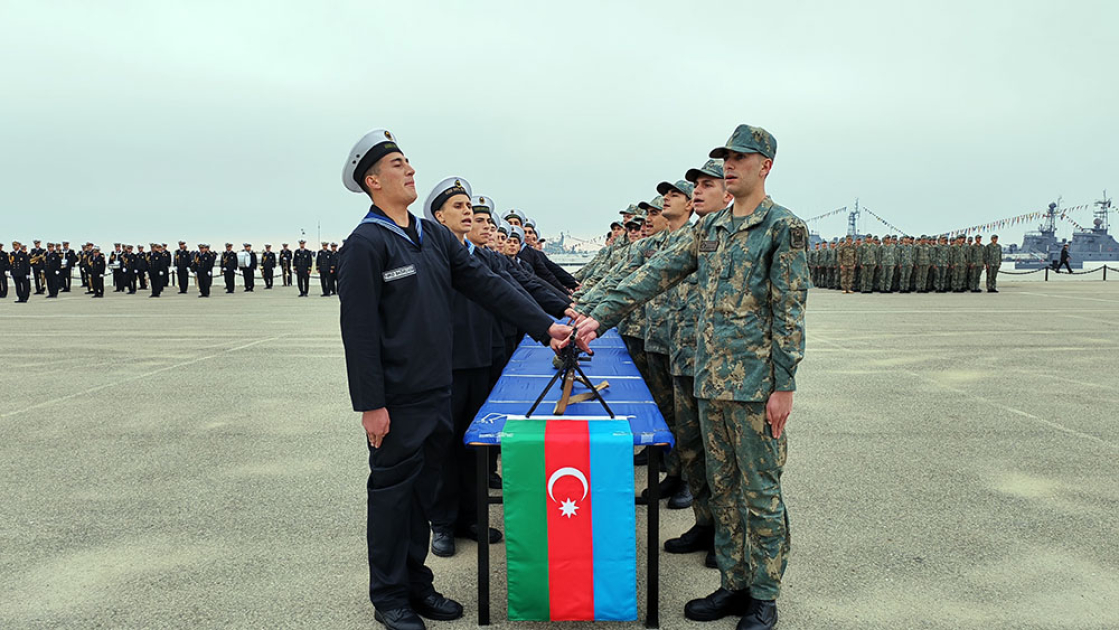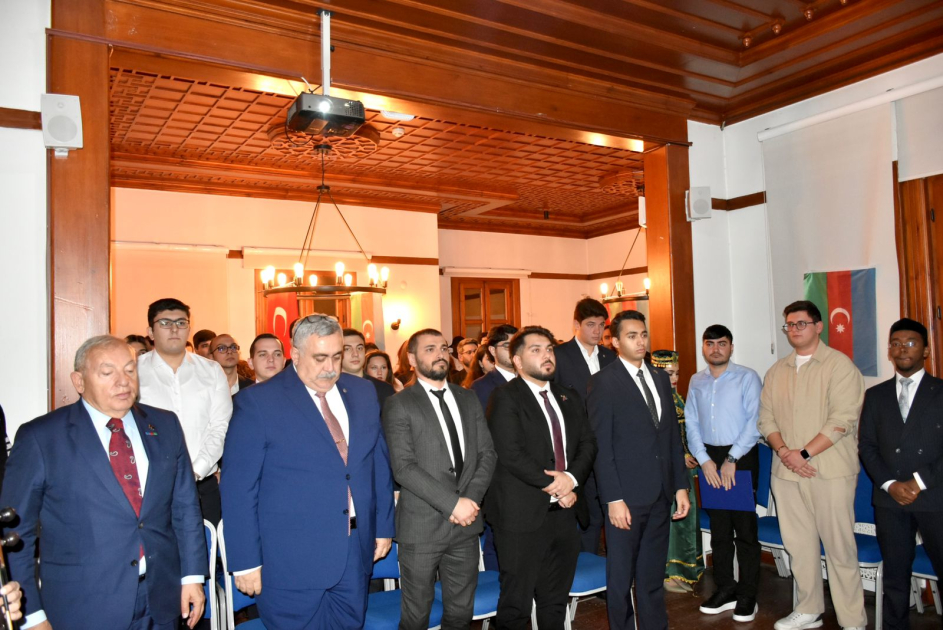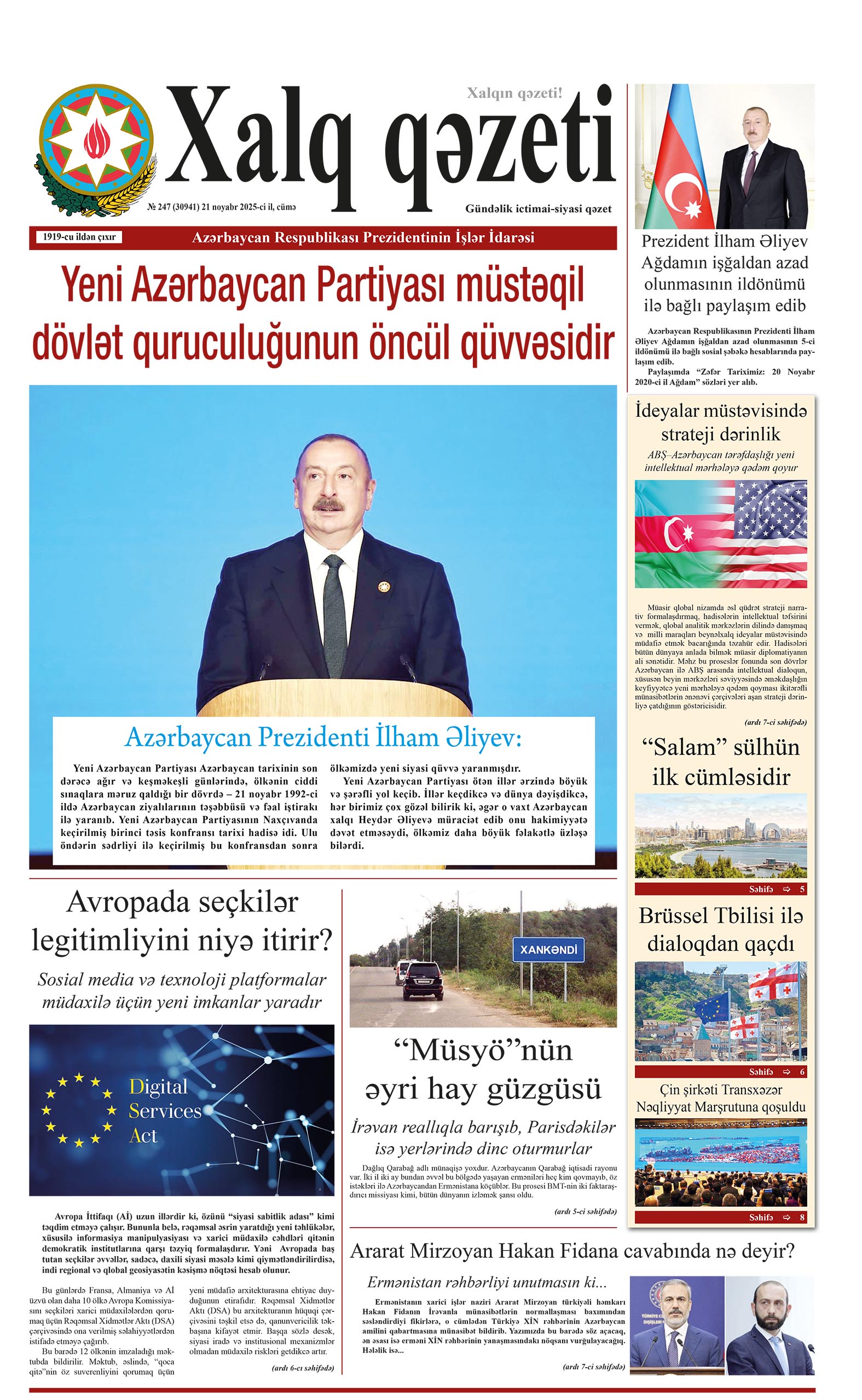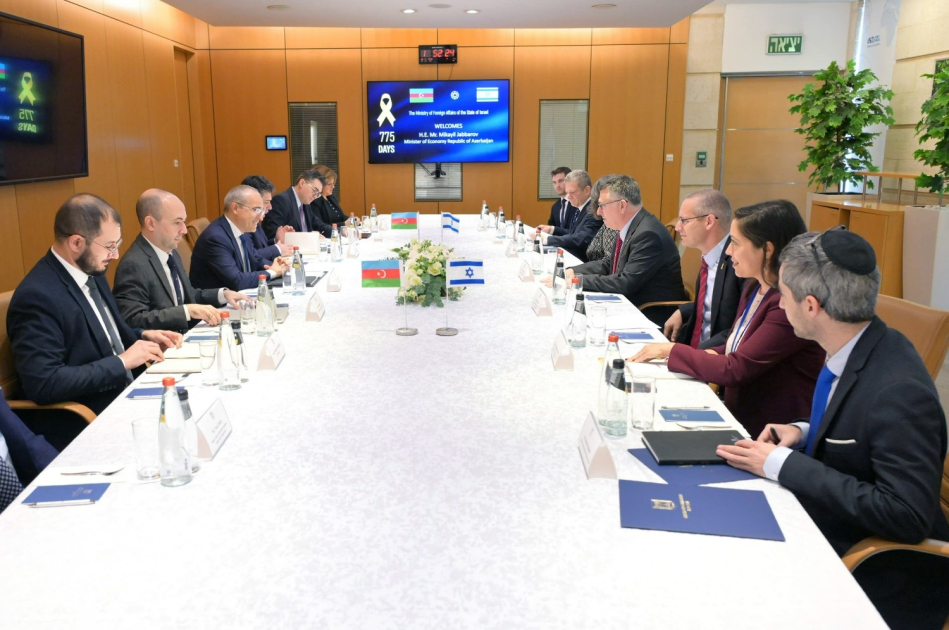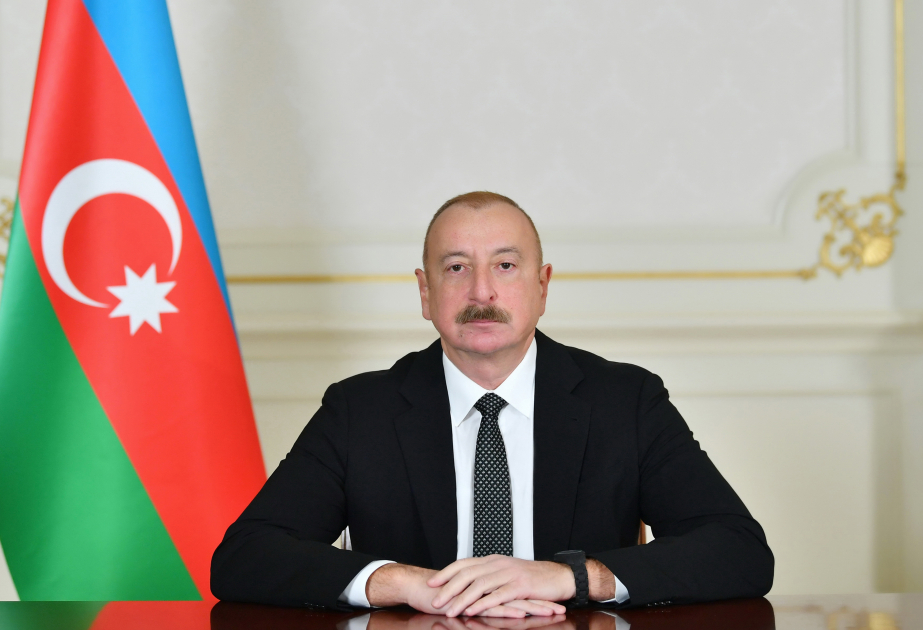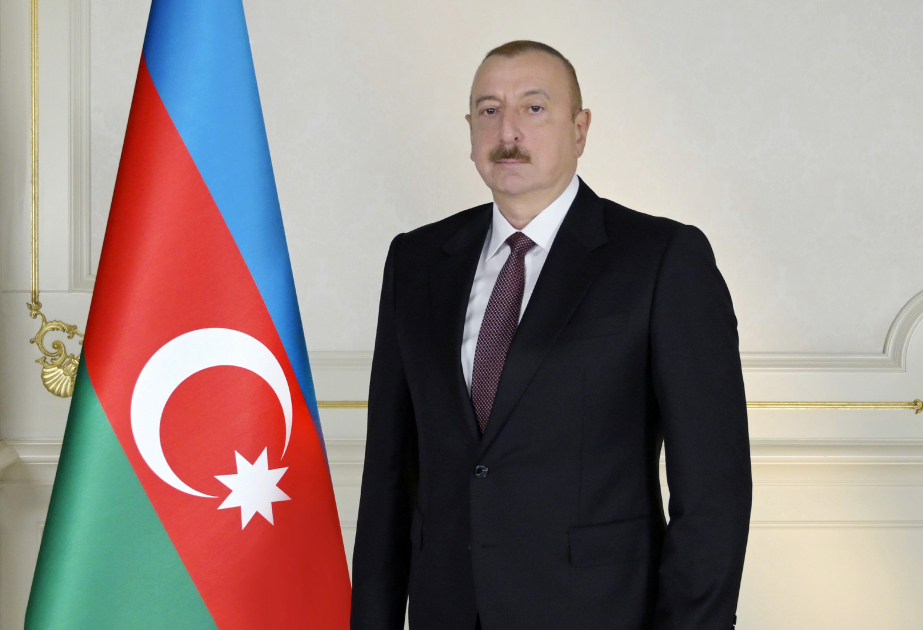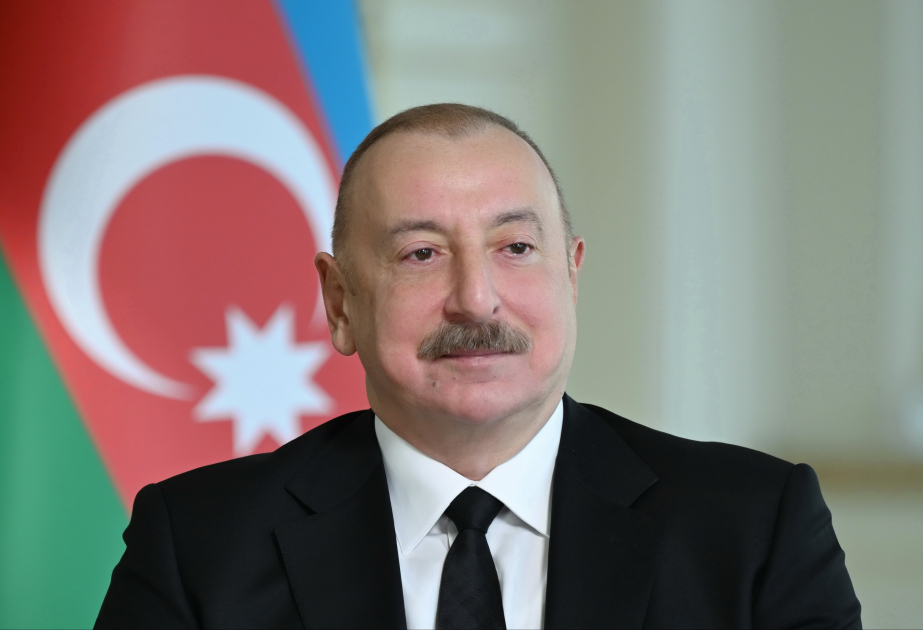"Mən fəxr edirəm ki, mən Azərbaycanlıyam!" (I am proud to be Azerbaijani!) - this phrase can be pronounced with pride anywhere in the world. These words embody not only national identity but also deep love for one's culture, history, language, and traditions. It was this phrase that the first Azerbaijani deputy Amil Salimov pronounced during his speech in the Latvian Saeima, and it left no Latvian parliamentarian indifferent.
In an interview with Report, Salimov talked about his challenging political path, support for youth and the Azerbaijani diaspora in Latvia, and reflected on what this phrase means to him personally.
- You became the first deputy of the Latvian Saeima of Azerbaijani origin. What difficulties did you face on this path? What goals do you set for yourself in parliament?
- More than a year ago, I became a deputy of the Latvian parliament from the "Stability!" (Stabilitātei) party, founded on February 26, 2021, and this event evoked a whole spectrum of emotions in me. However, my political and public activities began back in 2019-2020. The result was a seat in the Saeima. Another important point I would like to note: success is absolutely realistic if a person has a goal and follows their chosen path, thinking through each step. I am proud that I was able to achieve what I was working towards. But this is just the beginning. The main work starts now, and my colleagues and I will make maximum efforts, having received society's support and having the desire to work and strive to do everything possible for the country's success.
- How would you characterize the current state of relations between Latvia and Azerbaijan? In which areas do you see the greatest potential for strengthening cooperation?
- Relations between Azerbaijan and Latvia are at a very high level. Friendly ties between our countries are aimed at strengthening mutually beneficial cooperation. Regarding possible areas, one of the key ones, in my opinion, is defense and strengthening defense capabilities. Azerbaijan has valuable military experience, which was demonstrated during the Second Karabakh War in 2020. In this direction, we see significant potential for knowledge and practice exchange, primarily Azerbaijan can share its experience in the defense sphere. Another area of cooperation is attracting Azerbaijani workforce in construction, manufacturing, and other industries where we have certain staffing challenges.
The fact is that Latvians actively migrate to other European countries, creating a shortage of specialists here. In this context, we are open to cooperation at the state level and ready to consider opportunities for attracting workers from Azerbaijan. I would also like to talk about education, where cooperation is also a promising and significant direction. Already now, a significant number of Azerbaijani students are studying in Latvia, and I personally try to provide them with comprehensive support. I always tell them that in case of any questions or difficulties, they can turn to me for help.
- A recent online video shows you proudly declaring in Azerbaijani during a speech in the Latvian parliament: "Mən fəxr edirəm ki, mən Azərbaycanlıyam!" However, only a brief excerpt of your speech is available. Could you share more about the context behind your statement?
- That day, the parliament was discussing a bill to ban the use of any languages except the state language within the walls of the Saeima. With the phrase "Mən fəxr edirəm ki, mən Azərbaycanlıyam!" I wanted to emphasize the absurdity of this bill. It contradicts the basic principles of the European Union, which cannot prohibit the use of other official languages or languages of its member states. However, the bill was presented in such a way that deputies would only be allowed to speak Latvian in parliament. For example, if CNN or BBC representatives came to me for an interview in English, I would not have the right to answer in English. According to the logic of this bill, I would have to answer only in Latvian. Fortunately, most deputies showed common sense, and the project was not supported. My speech in parliament was aimed at showing the absurdity of such a policy. I noted that if, for example, the ambassador of Türkiye or Azerbaijan comes to the Saeima, I, as a person who knows both Azerbaijani and Turkish languages, would not be able to communicate with them in their native language. I also emphasized that if my parents called, I would need to run out of parliament to talk to them in their native language, which is also not serious. My speech expressed protest against the policy of prohibitions and restrictions. We must move forward, develop, not limit deputies in their rights. The phrase in my native language expressed my pride in my own origin, and I'm not going to give up my identity. I'm proud to be Azerbaijani, and no one has the right to discriminate against either my language or my culture. Again, I repeat that this bill was not supported by parliament. However, such proposals periodically arise in parliament, and we have to react and respond to them.
How actively are you involved in the Azerbaijani diaspora in Latvia? Which initiatives and projects do you see as the most important for its growth and development?
- Regarding the Azerbaijani diaspora in Latvia, it certainly exists. We are also engaged in public activities within the framework of diasporas. This includes organizing concerts and cultural events, as well as observing mourning days that are significant for Azerbaijan. We always pay due attention to them. For my part, within my capabilities, I try to support youth and the diaspora as a whole. I'm always happy to do this because what's important to me is not only integration into the society where you live but also preserving your cultural identity. Of course, it's necessary to know the Latvian language, respect the laws and traditions of the country where you live. But at the same time, you can't forget your historical homeland, language, and culture. Culture, knowledge of languages, and traditions of different peoples is a huge wealth that enriches both the person and society as a whole.
- Latvia has a fairly influential Armenian diaspora. Have you encountered any pressure or biased attitudes in the Saeima when discussing the Armenian-Azerbaijani conflict, given your background?
- There is no hostility between Armenian and Azerbaijani diasporas in Latvia. There's nothing to divide here, everyone has their own opinion and view on things. I haven't observed any debates or disputes here, everyone minds their own business. Regarding the issue that was recently raised in the Saeima, I, like our faction as a whole, demand justice, nothing more. Currently, there's a discussion about Armenia's intention to join the European Union. Latvia supports this aspiration and is ready to provide assistance. Officials from Baltic and Scandinavian countries have also recently visited Armenia and declared their readiness to support its EU accession. In my speech on this matter, I said that, firstly, we cannot simply turn a blind eye to the fact that Azerbaijan's territories were occupied by Armenia for 30 years. That would be incorrect. Secondly, there must be complete peace in the region, peace treaties must be signed, and both sides should have no claims against each other. Only after this can we discuss the issue of Armenia joining the European Union. Until these two key points are implemented, we cannot talk about it, as it may create additional problems for Latvia and Europe. My position is that justice must prevail.


